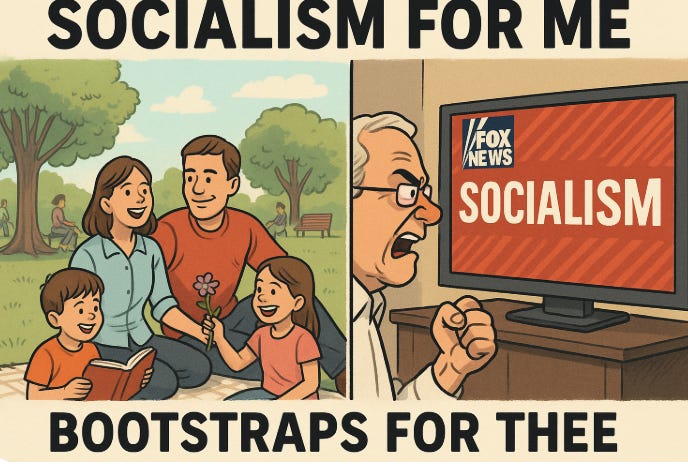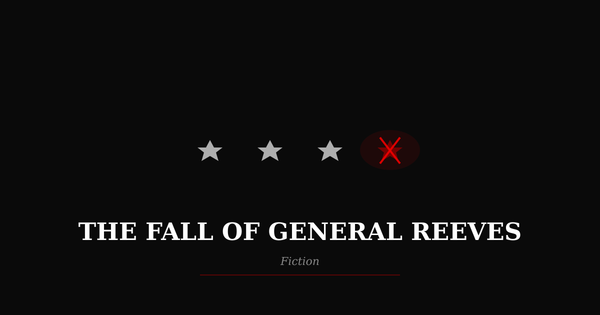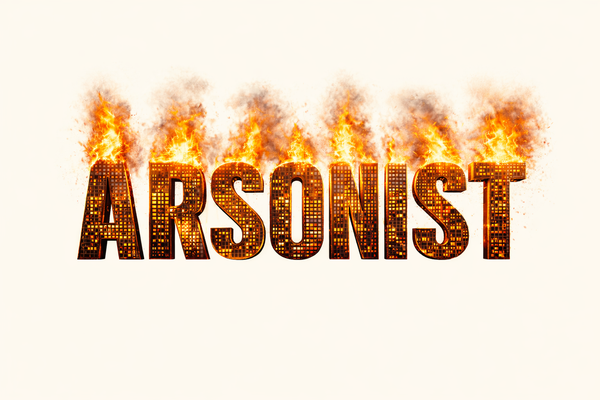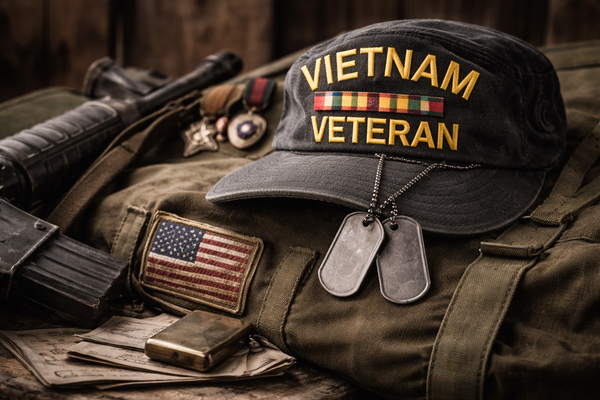Socialism

bad?

It’s funny how fast the conversation changes when you use the word socialism. Mention it at a dinner with Republican friends and watch the air get stiff. Eyebrows rise. Forks pause. Suddenly, you’re a threat to the Republic because you dared to suggest that not everything should be left to the invisible hand of the market—which, for the record, sometimes behaves more like a pickpocket than a guiding force.
But here’s what I find amusing. Many of the same folks who roll their eyes at anything labeled socialist spend their days enjoying socialism’s benefits without blinking.
They drive on public roads—built, maintained, and plowed by government workers, funded with tax dollars. That’s socialism.
Their kids go to public schools. That’s socialism, too.
They call 911 and expect taxpayer-funded paramedics, firefighters, and police officers to show up in minutes. That’s socialized emergency response.
They enjoy clean water because of municipal utilities and the EPA. Socialist infrastructure.
They vacation in national parks, protected and preserved by the federal government. Socialist conservation.
They collect Social Security checks and rely on Medicare in retirement. Big, fat government programs. Hugely popular. Wildly socialist.
Their food is safe to eat because the USDA inspects it. Their medicine is tested by the FDA. Their airplanes are guided by federally funded air traffic controllers, and when they land safely, no one’s shouting “Thanks, capitalism!”
Even their banks—yes, the ones that claim to loathe big government—are insured by the FDIC. That’s socialism bailing out capitalism so it can fail again next year.
The U.S. military? The biggest government-funded jobs program in the world. Soldiers get housing, food, healthcare, and education—all on the government dime. That’s not rugged individualism. That’s organized socialism in camouflage.
But say the word out loud—socialism—and suddenly it’s all gulags and breadlines. We’ve trained ourselves to fear the label without recognizing the practice.
What we have in this country is not a pure free market, nor a full welfare state. We have a hybrid system—socialized services inside a capitalist shell. When it works, it works because we stop pretending the market can do everything and admit that sometimes, yes, society should take care of its own.
It’s time to retire the word as a scare tactic and start talking about what kind of society we actually want. Because if socialism is so terrible, why do we keep demanding more of it—just without the name?
Appendix:
trump and the republicans are attempting many of these socialist programs.
1. Social Insurance & Income Support
- Social Security – Retirement, disability, and survivor benefits funded by payroll taxes.
- Medicare – Federal health insurance for people 65+ and certain disabled individuals.
- Medicaid – Federal-state health coverage for low-income individuals.
- Children’s Health Insurance Program (CHIP) – Health coverage for low-income children who don’t qualify for Medicaid.
- Unemployment Insurance – Temporary income for workers who lose jobs through no fault of their own.
- Supplemental Security Income (SSI) – Income support for elderly, blind, and disabled people with little income.
- Temporary Assistance for Needy Families (TANF) – Cash assistance to low-income families with children.
- Supplemental Nutrition Assistance Program (SNAP) – Food benefits (“food stamps”) for low-income households.
- Women, Infants, and Children (WIC) – Food and health assistance for pregnant women, infants, and young children.
- Earned Income Tax Credit (EITC) – Refundable tax credit for low-to-moderate income workers.
- Low Income Home Energy Assistance Program (LIHEAP) – Helps low-income households pay utility bills.
2. Public Health & Safety
- Centers for Disease Control and Prevention (CDC) – Disease prevention, research, and public health guidance.
- National Institutes of Health (NIH) – Medical research funding.
- Public hospitals – City, county, state, and federally run hospitals (e.g., VA hospitals).
- Veterans Health Administration (VA Health Care) – Healthcare for veterans.
- Indian Health Service (IHS) – Healthcare for members of federally recognized tribes.
- Occupational Safety and Health Administration (OSHA) – Workplace safety enforcement.
- Food and Drug Administration (FDA) – Regulation of food, drugs, and medical devices.
3. Education & Research
- Public K–12 schools – Funded and run by local, state, and federal government.
- Public universities and community colleges – State-funded higher education.
- Federal Pell Grants & Student Loan Programs – Subsidized education financing.
- Head Start & Early Head Start – Preschool programs for low-income families.
- National Science Foundation (NSF) – Public funding for research in science and engineering.
- Smithsonian Institution – Federally funded museums and research.
4. Infrastructure & Transportation
- Interstate Highway System – Federally funded and maintained by states.
- State and local roads – Publicly built and maintained.
- Public transit systems – Subsidized buses, trains, subways (e.g., NYC MTA, DC Metro).
- Amtrak – Federally owned passenger rail service.
- U.S. Postal Service – Government-operated mail delivery.
- Air Traffic Control – Managed by the Federal Aviation Administration (FAA).
- Ports and waterways – Maintained by the U.S. Army Corps of Engineers.
5. Environmental & Resource Management
- National Parks Service (NPS) – Preserves and maintains public lands.
- Bureau of Land Management (BLM) – Manages public lands for various uses.
- U.S. Forest Service – Manages national forests and grasslands.
- Environmental Protection Agency (EPA) – Environmental regulation and cleanup.
- Public utilities (in many cities) – Municipal water, sewer, and in some cases electricity.
6. Housing & Urban Development
- Public housing authorities – Operate low-income housing.
- Section 8 Housing Choice Vouchers – Subsidizes rent for low-income households.
- Community Development Block Grants – Federal funding for local infrastructure and housing.
- Homeless assistance programs – Federal, state, and local funding for shelters and housing-first programs.
7. Law Enforcement & Justice
- Police departments – City and county operated.
- Sheriff’s offices – County law enforcement.
- State police & highway patrols – State-run public safety agencies.
- Federal law enforcement – FBI, DEA, ATF, Secret Service, Border Patrol, etc.
- Public defenders – Government-provided lawyers for those who can’t afford one.
- Court systems – Local, state, and federal judiciary.
- Correctional facilities – State and federal prisons.
8. Emergency Services
- Fire departments – Many publicly funded and operated.
- Emergency medical services (EMS) – Often municipal or county-run.
- Federal Emergency Management Agency (FEMA) – Disaster relief and response.
- National Guard – State-controlled, federally funded reserve military force.
- Search and rescue services – Often operated by state, county, or park agencies.
9. Agricultural & Economic Programs
- Farm subsidies – Payments to farmers for price stability and crop insurance.
- Rural Electrification programs – Public utility support in rural areas.
- Small Business Administration (SBA) – Loans and support for small businesses.
- Export-Import Bank – Financing for U.S. exports.





